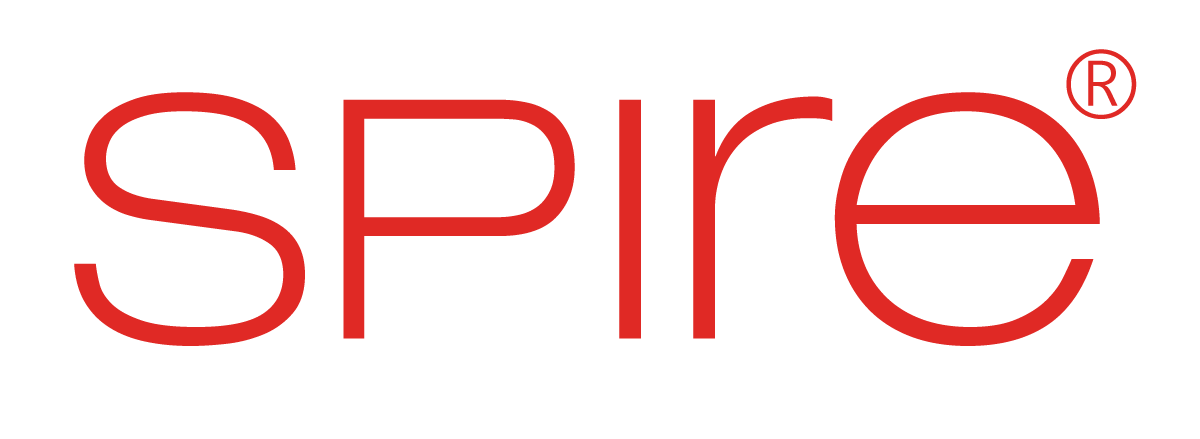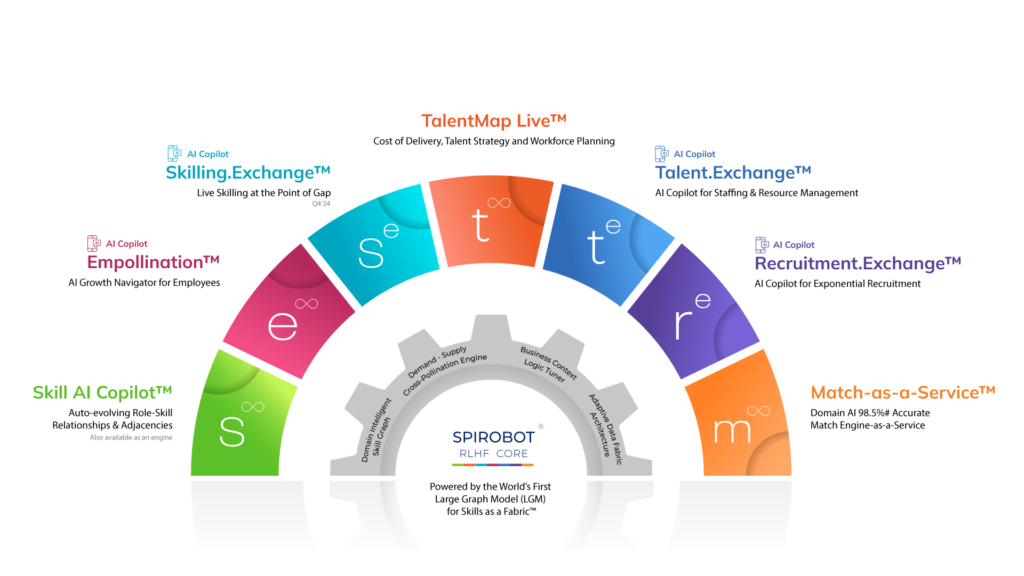For decades, a fundamental disconnect has existed between HR and business leaders. HR, traditionally focused on attracting, developing, and retaining talent, often operates in a silo separate from the strategic goals of the business. On the other hand, business leaders prioritize achieving specific objectives and may view HR as a support function connected to the organization’s core needs. This lack of alignment can lead to inefficiencies and missed opportunities, ultimately hindering a company’s ability to thrive.
However, the emergence of Artificial Intelligence (AI) in Human Resources offers a powerful solution to bridge this gap and foster collaboration between HR and business leaders. By leveraging AI’s capabilities for data analysis, skills identification, and talent prediction, organizations can create a more unified approach to talent management, ensuring it directly aligns with and supports strategic business goals.
A Shared Language: The Power of Skills-Based Frameworks with AI in Human Resources
One of the biggest challenges hindering HR-business alignment is the need for a common language. HR professionals often discuss resumes, qualifications, and experience, while business leaders prioritize the skills needed to achieve their goals. This creates a communication barrier, making translating business needs into actionable talent strategies challenging.
AI in human resources can bridge this communication gap by creating a skills-based framework. This means developing a standardized way to categorize and describe the skills required for various organizational roles.
AI in human resources can bridge this communication gap by creating a skills-based framework. This means developing a standardized way to categorize and describe the skills required for various organizational roles. AI can analyze vast amounts of data from job descriptions, industry trends, and competitor landscapes to identify the critical skills for success in multiple roles. This data can create a comprehensive skills taxonomy, a shared language that HR and business leaders can understand.
HR can translate business goals into specific skill requirements with a skills-based framework. For instance, if the business strategy focuses on expanding into a new market, HR can leverage the skills ontology to identify the skill sets needed for the new teams. This allows for targeted talent acquisition, development, and retention programs, ensuring the organization has the right people with the right skills to achieve its strategic objectives.
Aligning Talent Management with Business Goals: AI in Human Resources as a Strategic Partner
Traditionally, HR has often focused on generic talent management practices, such as conducting annual performance reviews or offering generic training programs. However, with AI in human resources management, talent management can become a more strategic function directly aligned with the organization’s goals.
By analyzing vast amounts of data, including employee performance data, industry trends, and business objectives, AI can identify the skills that will be most critical for future success. This allows HR to develop targeted talent programs focusing on developing and reskilling employees in these vital areas.
For example, based on industry trends and technological advancements, AI can predict which skills will be in high demand in the coming years. HR can then use this information to develop reskilling programs that equip employees with the skills needed to stay ahead of the curve and ensure the organization remains competitive.
AI can predict which skills will be in high demand in the coming years.
HR can then use this information to develop reskilling programs that equip employees with the skills needed to stay ahead of the curve.
AI in human resources can also identify talent gaps within the organization. AI can pinpoint areas where the organization may lack the necessary talent by analyzing employee skill sets and comparing them to the skills required for achieving business goals. This allows HR to develop targeted recruitment strategies to attract and retain individuals with the specific skills needed to fill those gaps.
Building a Culture of Collaboration with AI in Human Resources
While AI in human resources can improve efficiency and streamline processes, its value lies in its ability to foster a culture of collaboration between HR and business leaders. By providing a shared language of skills and offering data-driven insights into talent needs, AI empowers HR to become a strategic partner in achieving business objectives.
By providing a shared language of skills and offering data-driven insights into talent needs, AI empowers HR to become a strategic partner in achieving business objectives.
Business leaders can leverage AI-powered talent analytics to understand their workforce better and make more informed decisions regarding talent strategy. Armed with data and insights, HR can proactively propose talent solutions that directly support business goals. This fosters a collaborative environment where HR and business leaders work together to build a high-performing workforce that drives organizational success.
How Spire.AI Can Help Your Organization Leverage AI in Human Resources
Spire.AI is an AI Copilot for Talent that provides a comprehensive suite of AI-powered solutions designed to transform organizations’ human capital management. Its platform leverages a powerful Generative Skills AI engine to create a skills-based ontology, the foundation for a data-driven and collaborative approach to talent management.
Here’s how Spire.AI can help your organization unlock the power of AI in human resources:
- Auto-Evolving Role-Skill Framework: Spire.AI creates a constantly evolving skills framework that identifies the complex skill mixes needed for every role within your organization. This shared framework provides a common language for both HR and business leaders.
- Automatic AI-Generated Employee Skill Profiles: Spire.AI leverages its AI engine to analyze various data sources and automatically generate comprehensive skill profiles for a significant portion of your workforce. This eliminates the need for manual data entry and ensures everyone clearly understands the skills within the organization.
- Career Path Simulation and Reskilling Recommendations: Spire.AI empowers employees by providing personalized career path simulations and reskilling recommendations. This allows employees to take ownership of their professional development and pursue growth opportunities aligned with their aspirations and the organization’s strategic goals.
- Talent Marketplace: Spire.AI facilitates a dynamic talent marketplace that fosters internal mobility. By leveraging AI to match employee skills with internal opportunities, the platform empowers employees to explore new career paths within the company while ensuring business needs are met with the right talent.
- Talent Acquisition: Spire.AI’s AI-powered talent acquisition solutions streamline the recruitment process, reduce time-to-hire, and improve the quality of hires. By automatically identifying relevant candidates based on their skills and experience, AI helps recruiters focus on attracting top talent.
- Resource Management: For organizations in professional services, Spire.AI’s AI capabilities can optimize resource allocation and project fulfillment, leading to improved operating margins.
The Future of HR is Collaborative
The future of HR is collaborative, data-driven, and focused on strategic talent management. By leveraging AI in human resources, organizations can break down silos between HR and business leaders, fostering a shared understanding of talent needs and enabling the development of a high-performing workforce that drives business success.
Spire.AI is at the forefront of this transformation, offering a comprehensive suite of AI-powered solutions designed to empower organizations to unlock the full potential of their human capital. With Spire.AI, you can create a more collaborative and strategic HR function, ensuring your talent management practices align directly with your organization’s overall business goals.
Ready to learn more about how Spire.AI can help your organization leverage AI in human resources? Contact us today to schedule a demo and see how our solutions can transform your talent management strategy.






